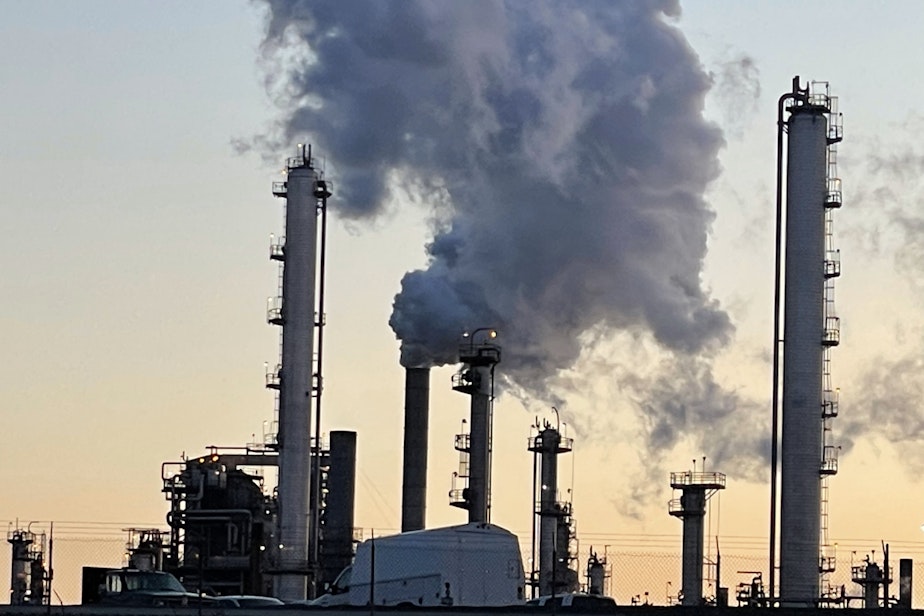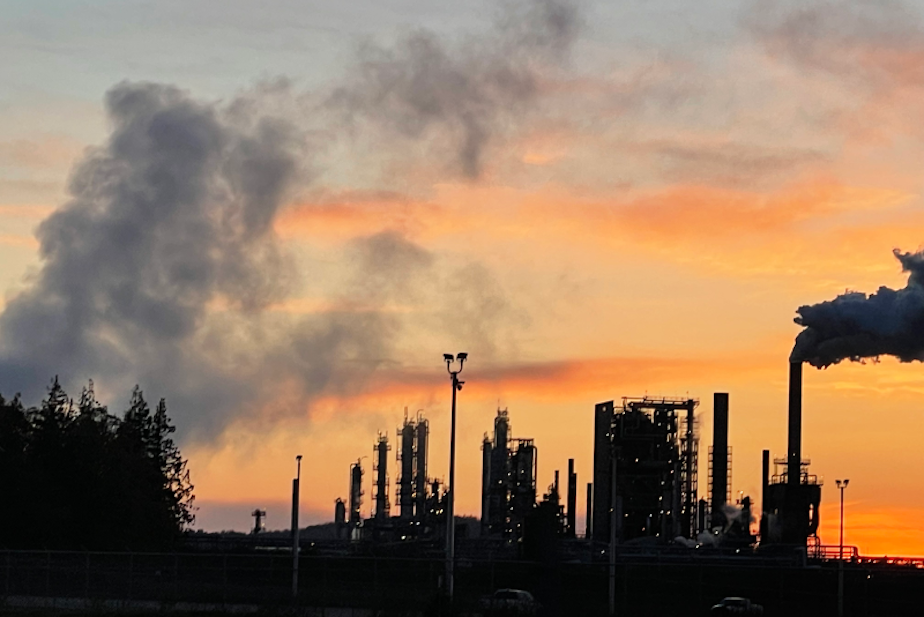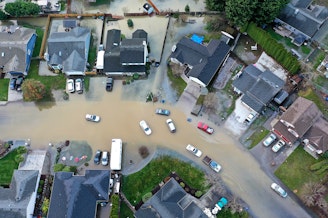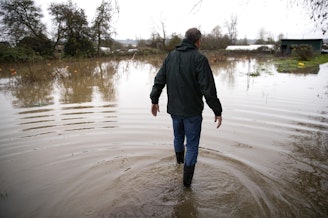Why Washington state wants to link up with California and Quebec

Washington officials aim to link the state’s fight against climate change to similar efforts elsewhere in North America.
The Washington Department of Ecology announced Thursday its intention to connect the state’s new market for carbon pollution to the decade-old markets in California and Quebec.
“I have determined that seeking to link with California and Quebec offers our state the best path to a successful, durable carbon market,” Ecology Director Laura Watson said. “It will allow us to meet the greenhouse gas emission limits that are set in state law.”
Since February, Washington has been auctioning off the right to emit carbon dioxide to certain large polluters under the state’s 2021 “cap-and-invest” climate law.
The resulting price to pollute the climate has been higher than predicted and higher than in California and Quebec.
RELATED: The numbers are in: Washington's carbon credit auction raised nearly $300M
Sponsored
Washington Republicans and some businesses have blamed the carbon auctions for driving up the ever-changing price of gasoline.
The Inslee administration and environmental groups blame other factors, including oil company profit margins.
RELATED: What we do and don't know about high gas prices in Washington state
Inslee administration officials say connecting with the California-Quebec market, which is about six times bigger than Washington’s, will bring down the price to pollute, possibly immediately.
“Even an expectation of linkage could put downward pressure on prices,” Watson said.
Sponsored
Linking to the other jurisdictions is a lengthy process involving public input and discussions with interested parties in Washington, revisions to state law, and negotiations with California and Quebec.
Watson said the process could finish as soon as 2025, while energy-market analyst Mira Dhandra at California-based cCarbon.info expects no link to be made until 2027.
Washington Rep. Mary Dye of Pomeroy, the ranking Republican on the House Environment and Energy Committee, said linkage would mean a loss of sovereignty for Washington.
“Everything California policymakers touch related to energy markets ends in disaster for consumers,” Dye said in a press release.
Auctions held by California’s Air Resources Board have raised up to $6.8 billion annually, with a ton of carbon dioxide costing up to $35.20.
Sponsored
Climate-pollution auctions held by the Washington Department of Ecology have raised nearly $1.5 billion to date in 2023, at prices of up to $66.68 per ton.
RELATED: The price of polluting has gone up in Washington state
Both states spend the auction proceeds to reduce climate-harming emissions and help communities adapt to extreme heat and other climate-fueled hazards that have already begun to injure and kill people around the world.

Lower auction prices would make it easier for Washington businesses to comply with the law. They would also reduce the proceeds raised by the auctions for helping the state transition away from fossil fuels.
Sponsored
“Right now, what we're seeing is current auctions shoot up to the price ceiling,” Peter Godlewski with the Association of Washington Business said.
He called the proposed linkage “a really positive step.”
Several environmental groups welcomed the proposed linkage, while Washington’s Environmental Justice Council, mandated by state law to advise state agencies on incorporating environmental justice into their activities, opposed it.
“A decrease in allowance price may disincentivize covered entities in Washington from significantly reducing their [greenhouse gas] emissions or prevent sufficiently funding critical investments in decarbonization and in overburdened communities,” the council wrote to Watson in October.
RELATED: Washington carbon exchange lets many big polluters off the hook
Washington officials call the state’s cap-and-invest system an “economy-wide” cap on carbon, though about one-fourth of the state’s greenhouse gas emissions, including those from airplanes, ships, farms, and the military, are not covered. Those sources face few or no limits on their climate pollution.
Sponsored
In addition, major polluting sectors including oil refineries, pulp mills, and steel mills get to keep emitting carbon for free, at close to their current levels, through the year 2035, rather than buying pollution allowances as other sectors must.
Washington’s next carbon auctions are scheduled for Nov. 8 and Dec. 6.




